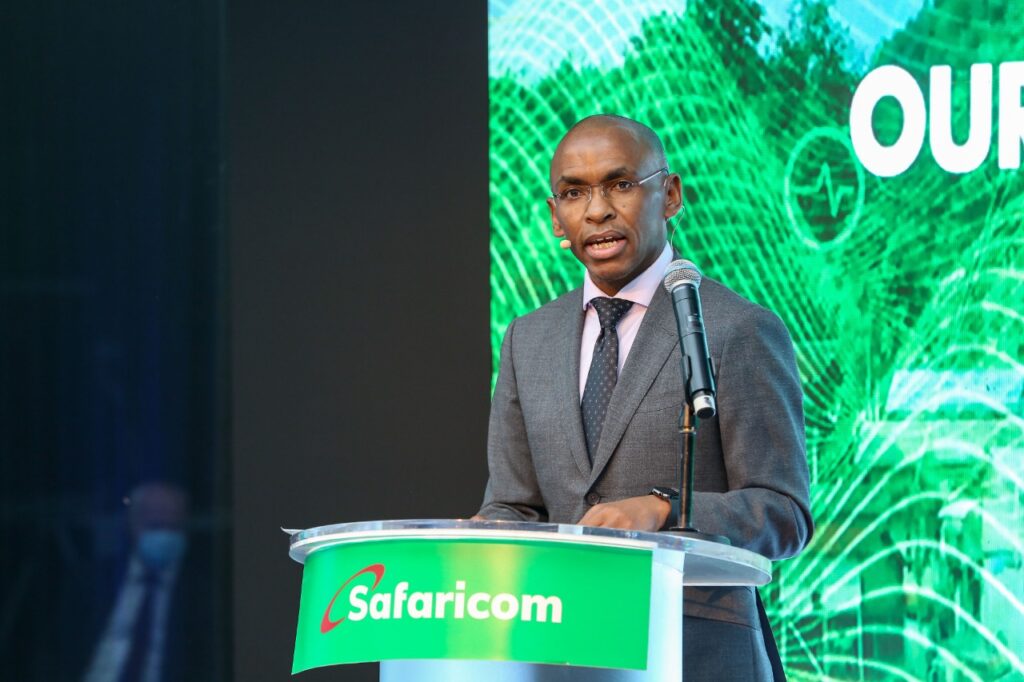|
Getting your Trinity Audio player ready...
|
Kenyan lawmakers have reignited the debate surrounding Safaricom, the country’s largest telecommunications company, by reviving the 2022 Information and Communications (Amendment) Bill. The proposed law, which had previously faltered due to a lack of backing, seeks to legally split Safaricom from its highly successful mobile money platform, M-PESA.
The renewed efforts come amid growing pressure from regulators to break up the telecom giant, which many believe holds too much power in both the telecommunications and mobile money markets.
What the Proposed Law Entails
The revived amendment seeks to enforce a legal separation between Safaricom’s core telecommunications services and its other business ventures, notably its mobile money platform, M-PESA. The bill stipulates that any company engaged in telecommunications must separate its telecom services from other business lines.
“In addition to operating a telecommunications system or providing telecommunication services, a person may engage in any other business provided that such person shall legally split or separate the telecommunications business from such other businesses,” the bill reads.
If passed, this legislation would force Safaricom to spin off M-PESA into a standalone company. This change, aimed at curbing Safaricom’s market dominance, is backed by several lawmakers and regulators who argue that a split would introduce more competition into the Kenyan telecom and mobile money markets, ultimately benefiting consumers.
Why Safaricom Resists the Split
Safaricom, however, has consistently resisted efforts to split M-PESA from its core operations, arguing that its integration with M-PESA gives it a strategic advantage. The telco has positioned itself as an innovator by offering a seamless combination of telecommunications and financial services through its platform, making it the largest player in both sectors in Kenya.
Safaricom CEO Peter Ndegwa has also questioned the rationale behind splitting the business, pointing out that other companies like MTN and Airtel, which have separated their mobile money operations, have not necessarily reaped better valuations. He emphasized that Safaricom does not need additional funding, unlike its competitors.
“You’ve seen what Airtel and MTN have done. Have they gotten better valuations? Probably not. Have they raised more money? Yes, probably. Do we need more money? No, we don’t,” Ndegwa stated in May.
